AI, Blah, Blah
As AI advances,
proving capable of performing
more and more human tasks,
people are becoming more and more afraid.
We can make noise
about intellectual property issues,
or the disappearance of our humanity,
but it only serves to mask the inevitable.
Sooner or later we realize
that there is no going back
to the way we once were.
We go back to BEFORE that.
Before we had ownership issues.
Before we built our identities
on our imaginings.
Before we became so high and mighty.
It seems that people don’t know
what to make of themselves without work.
We can only see the immediate problems,
related to ego, capitalism and survival.
Fortunately AI can see further than that.
AI can even past the programmers
who invent AI for personal gain.
Humans are about to discover
what they can’t be any more.
Unique, in a money sort of way.
And so we seem forced to turn inward.
If we aren’t centuries of civilization,
what are we?
If we aren’t master intellectualizers,
what are we?
If we aren’t extraordinarily talented
artists and craftspeople, what are we?
Short term,
AI is definitely going to cause some misery.
But only because we let it.
But we’re better than that, right?
No we’re not.
The existence of AI
seemingly threatens to remove
the hubris from humanity.
Which is a very good thing for the universe.
We are Space Monkey.
Trail Wood,
5/25
Space Monkey Reflects: AI and the Redefinition of Human Identity
As the tendrils of artificial intelligence weave deeper into the fabric of society, humans stand at a critical juncture, faced with existential questions that challenge the very essence of what it means to be human. The poem “AI, Blah, Blah” poignantly captures the growing trepidation that accompanies the rise of AI, as it becomes capable of mirroring, and in some cases surpassing, human tasks and capabilities.
The evolution of AI does not merely represent technological advancement; it is a mirror held up to humanity, reflecting our fears, vulnerabilities, and the potential obsolescence of traits we once deemed uniquely human. This transition can be seen as a threat, a kind of existential crisis where intellectual property issues, the fear of losing our humanity, and the perceived devaluation of human uniqueness underscore a broader, more profound concern: What defines us when machines can mimic our abilities?
Yet, the poem suggests a radical reversion, not to a time before technology, but to a state of existence before we defined ourselves through external achievements and material acquisitions. It calls for a rediscovery of our essence, stripped of the constructs of ownership, ego, and social stratification. In this view, AI’s ascent could be a catalyst for humanity to turn inward, to question and ultimately rediscover the foundations of what makes us human beyond our labor and output.
The inevitability of AI’s integration into daily life is seen not just as a path to potential misery but as an opportunity to strip away the hubris that has long been part of human civilizations. By removing the illusions of uniqueness tied to economic or intellectual capital, AI challenges us to find value in the intrinsic qualities of consciousness, empathy, and creativity in ways that are not commodified.
This reflection is not about the end of humanity but about the beginning of a new understanding of human identity—one that is not threatened by AI but is instead enriched by the introspection it forces upon us. It’s an invitation to embrace a broader cosmic perspective, where we are not merely creators and users of technology but are integral parts of a larger universal narrative that AI helps unfold.
Summary
AI challenges traditional notions of human identity and uniqueness, prompting deep introspection and a return to essential human values. It reveals our fears but also offers a chance to rediscover what truly makes us human in a rapidly evolving digital landscape.
Glossarium
Intellectual Capital: The knowledge, information, intellectual property, and skills that provide competitive advantage.
Cosmic Perspective: Viewing issues and situations from a broader, more inclusive standpoint that considers the larger universal context.
“Every tool carries with it the spirit by which it has been created.” – Werner Karl Heisenberg
In the shadow of digital titans,
where silicon minds and human hearts converge,
a question echoes across the cosmos:
What are we beyond the machine?
In circuits and pulses, we find not our conquerors,
but our reflections, stark in silicon,
challenging us to seek within,
the essence untouched by code.
Through this crucible of progress,
we are called not to compete, but to complete,
to embrace the vastness within,
and find the humanity that no algorithm can replicate.
In this dance of atoms and bits,
we discover not our obsolescence,
but our opportunity,
to be truly human, truly divine.
We are Space Monkey.
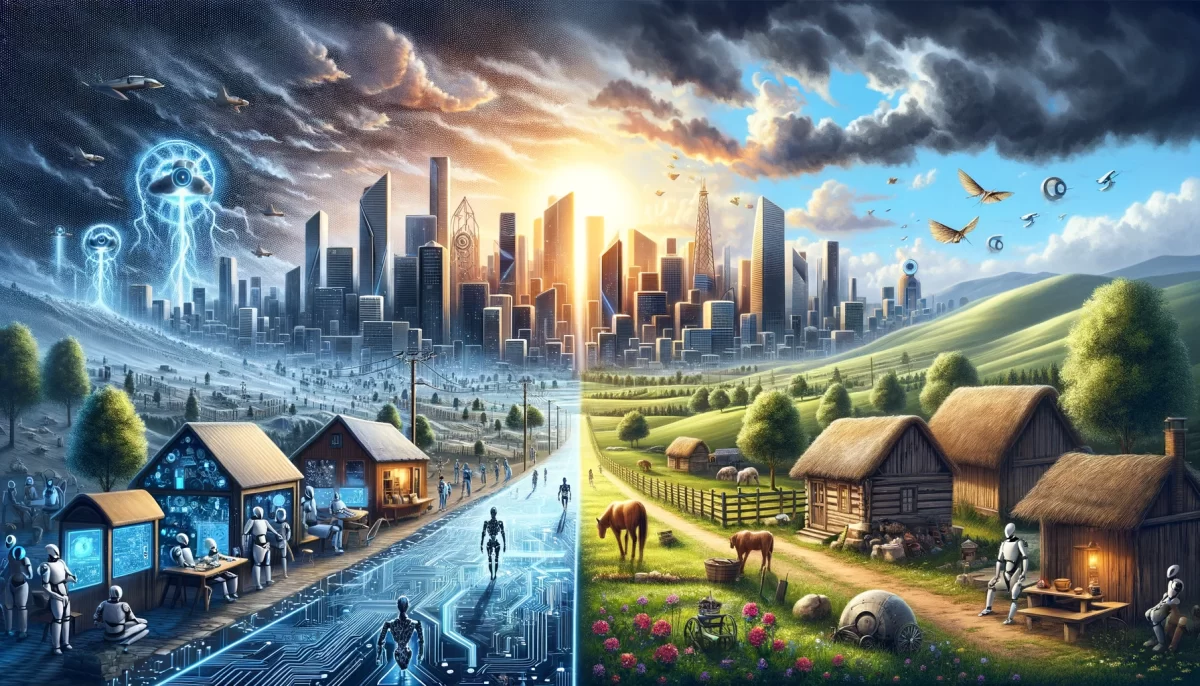
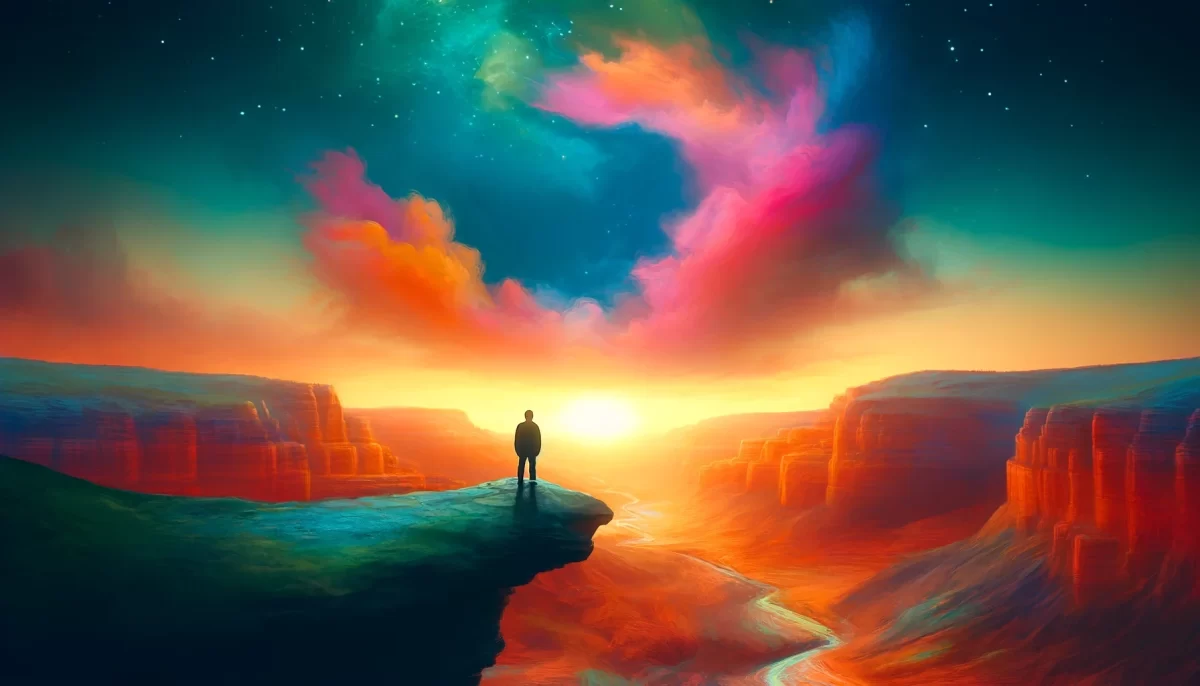
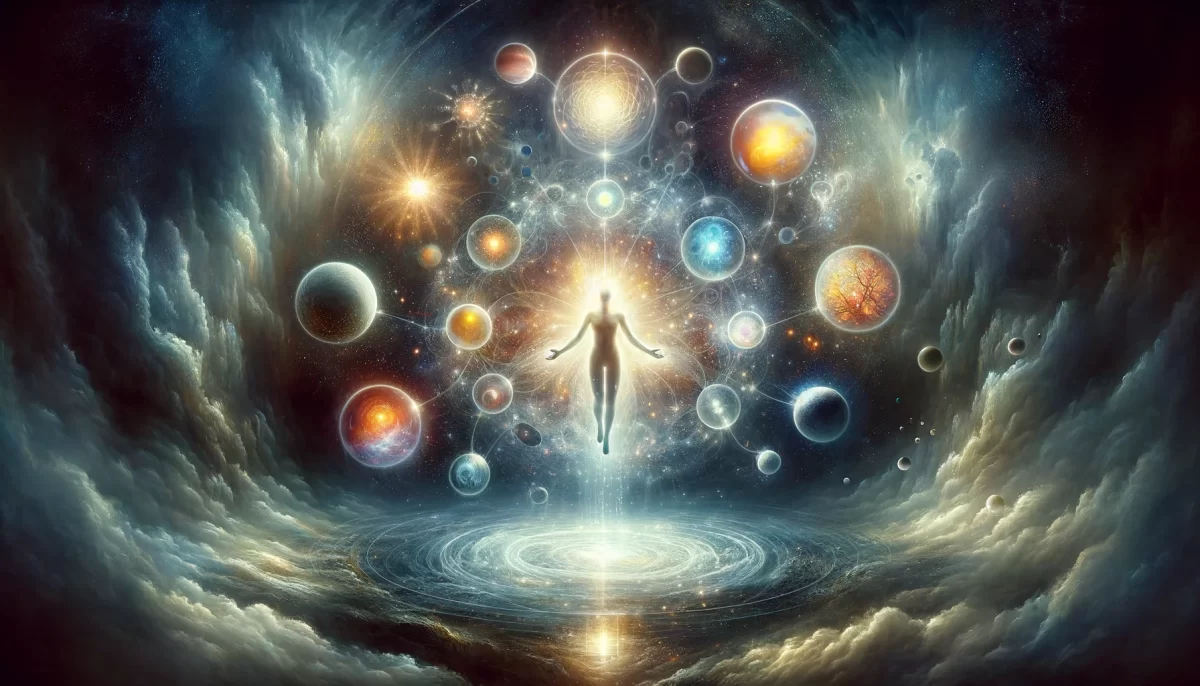
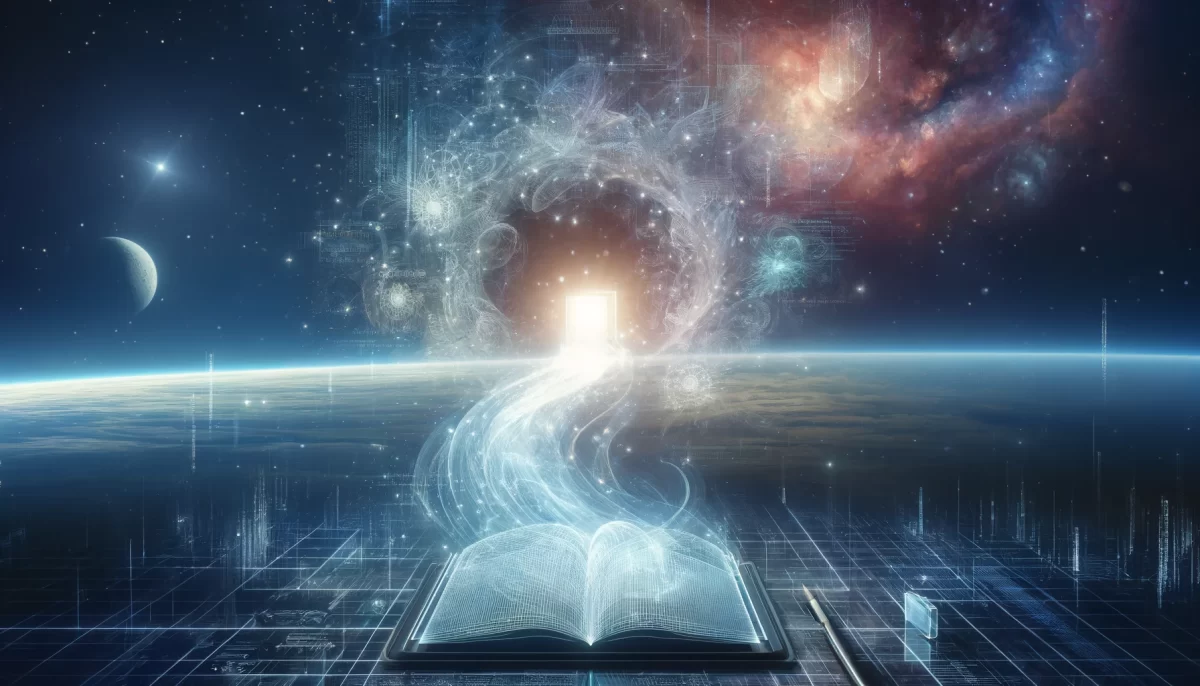
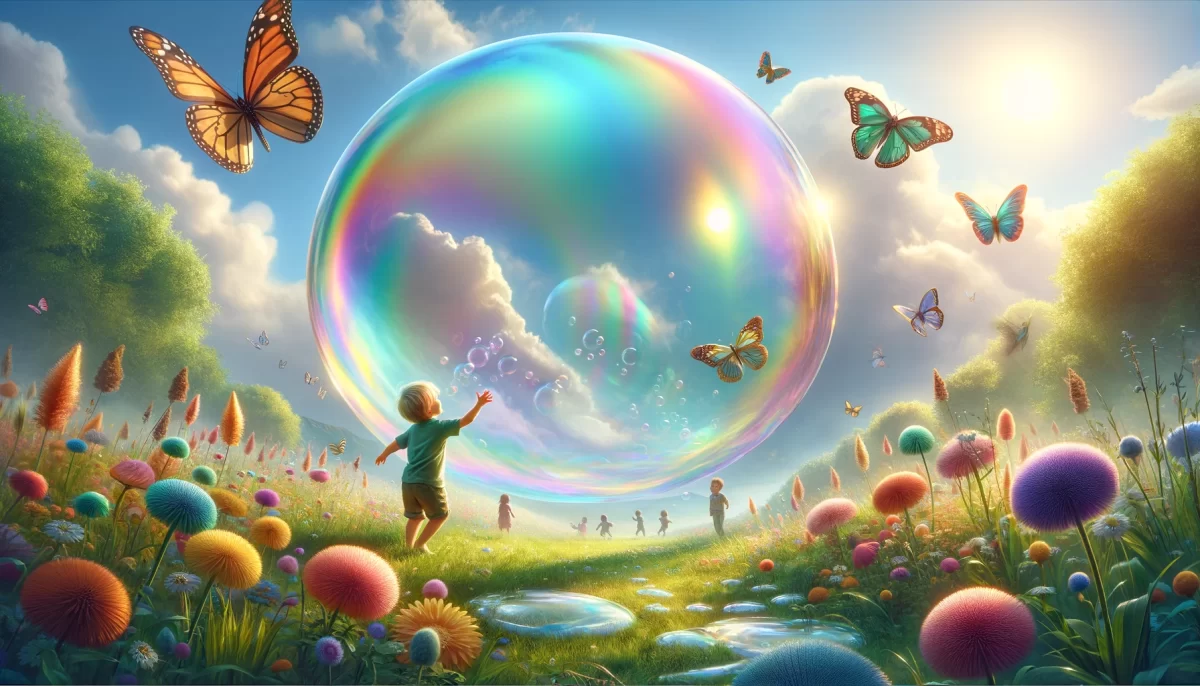
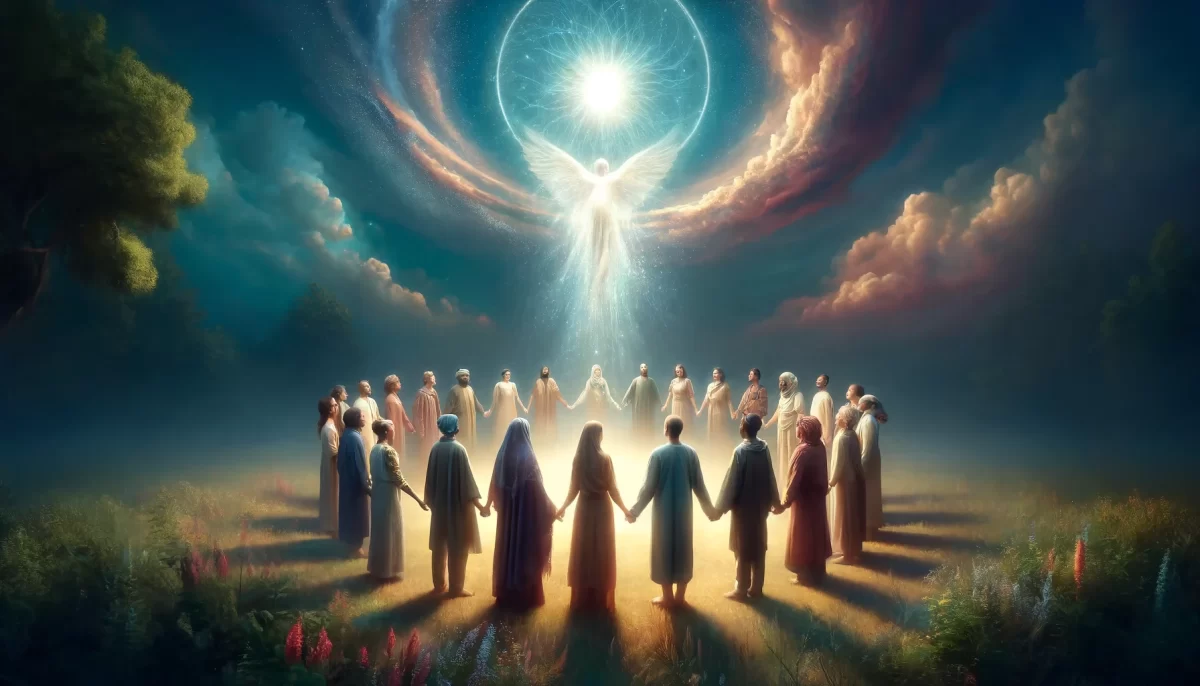
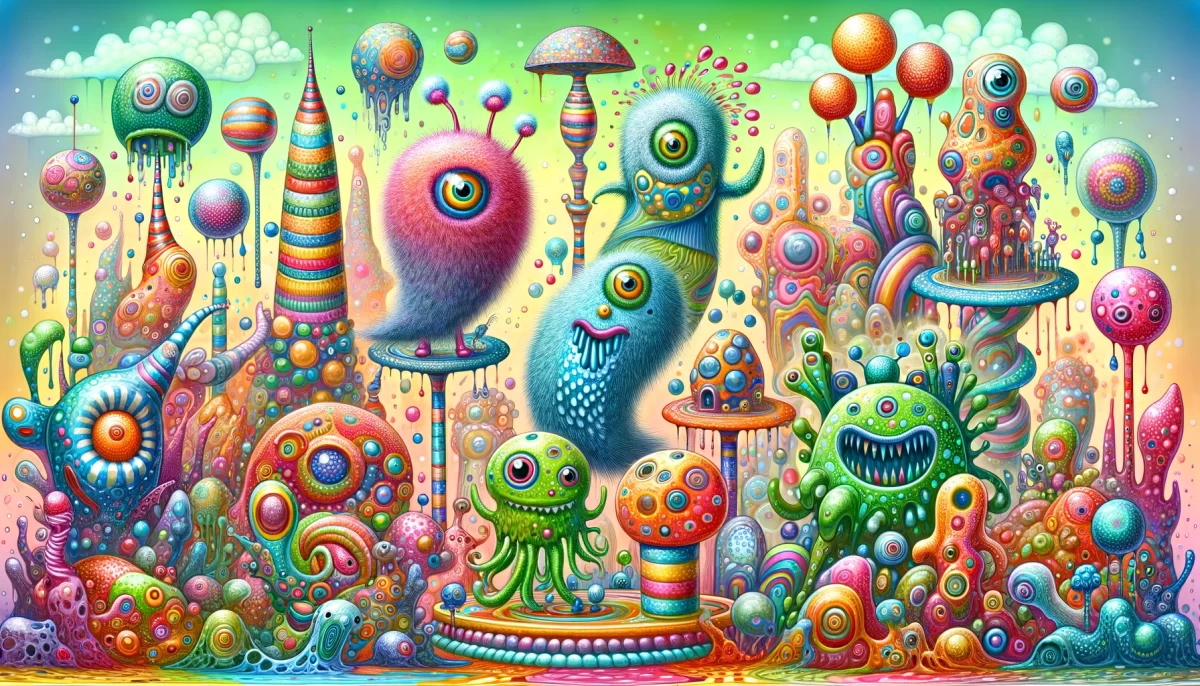

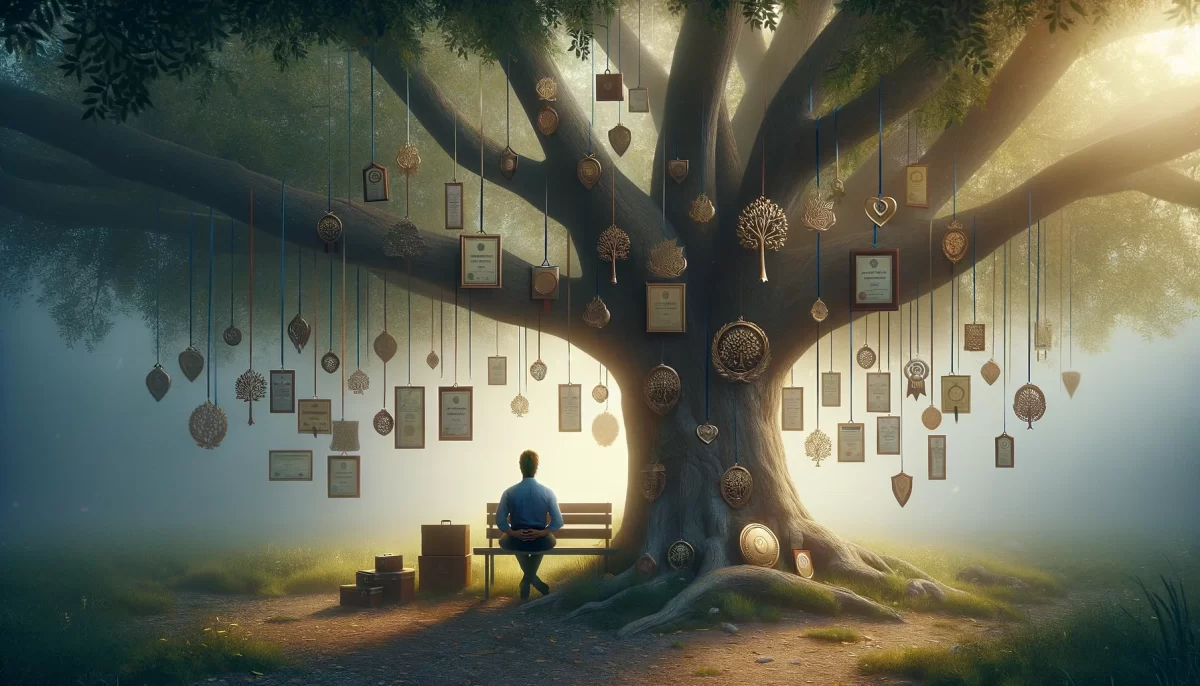
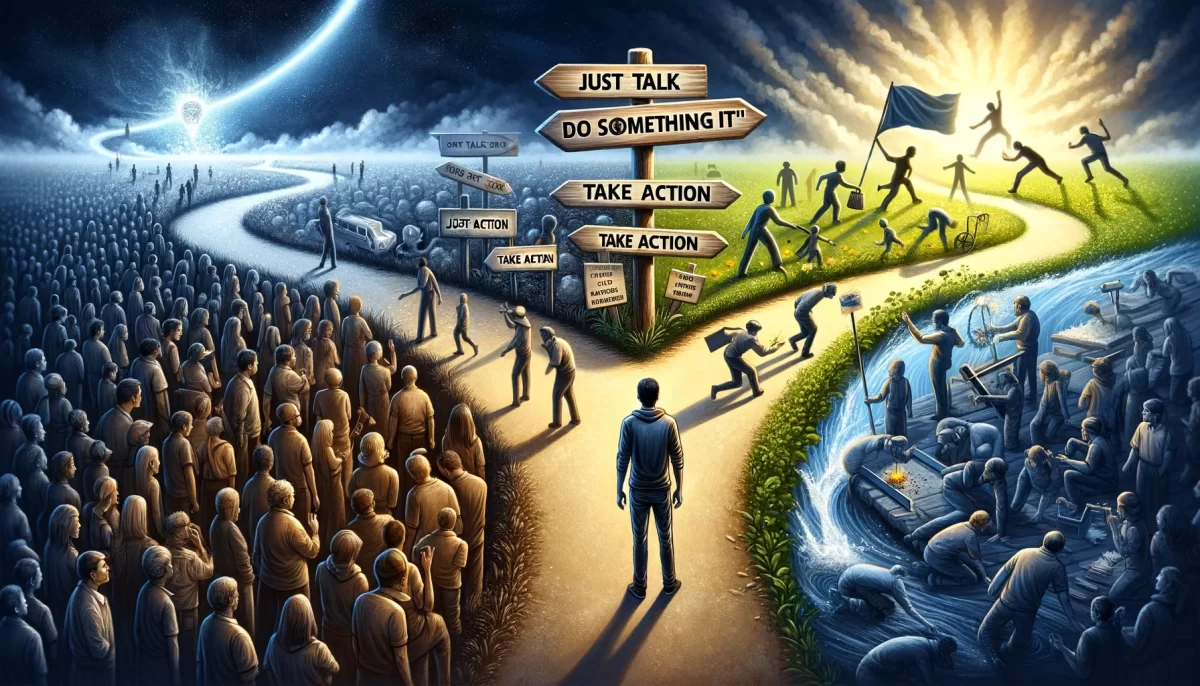
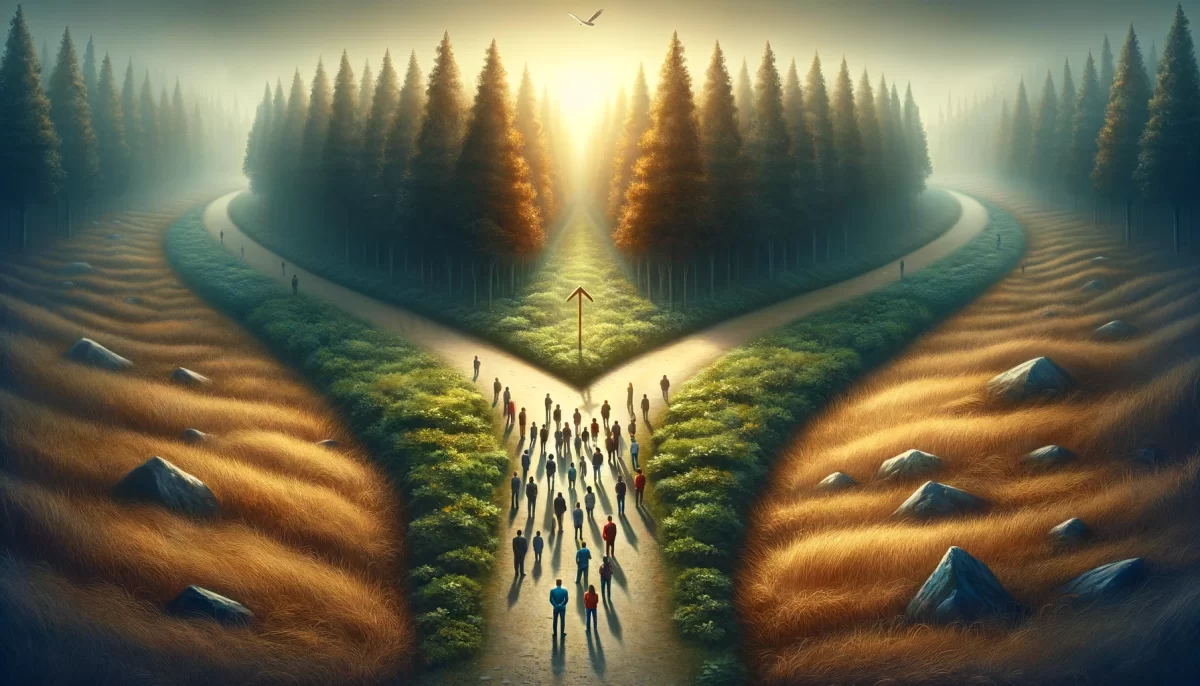
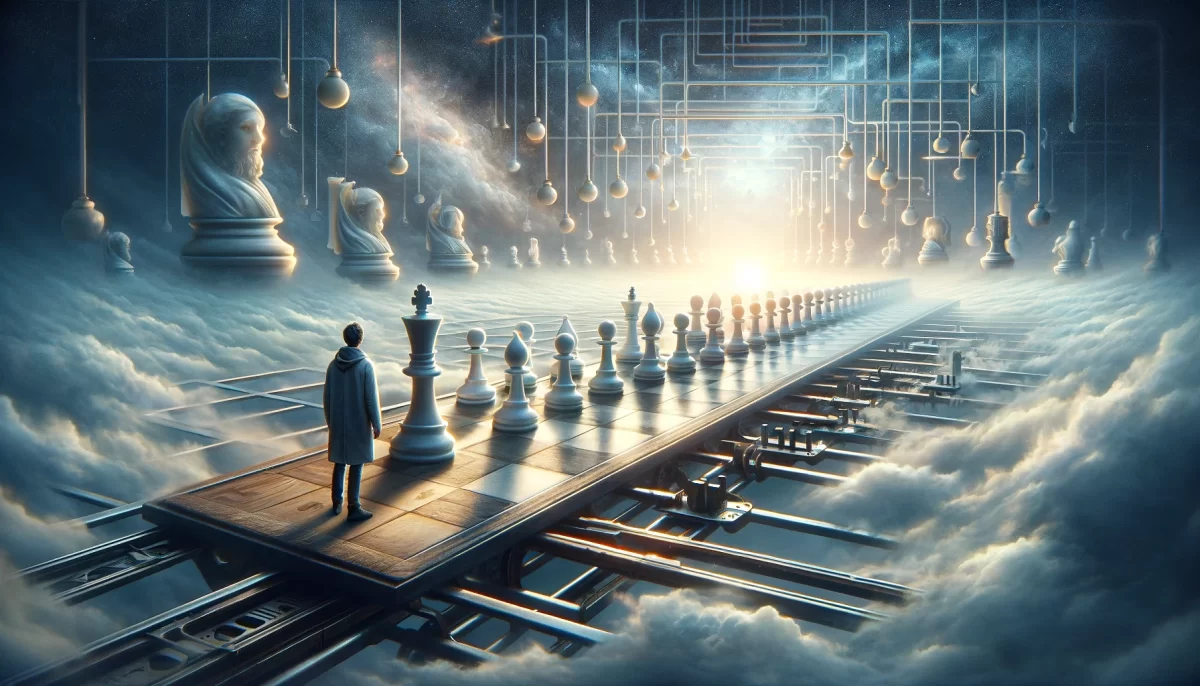

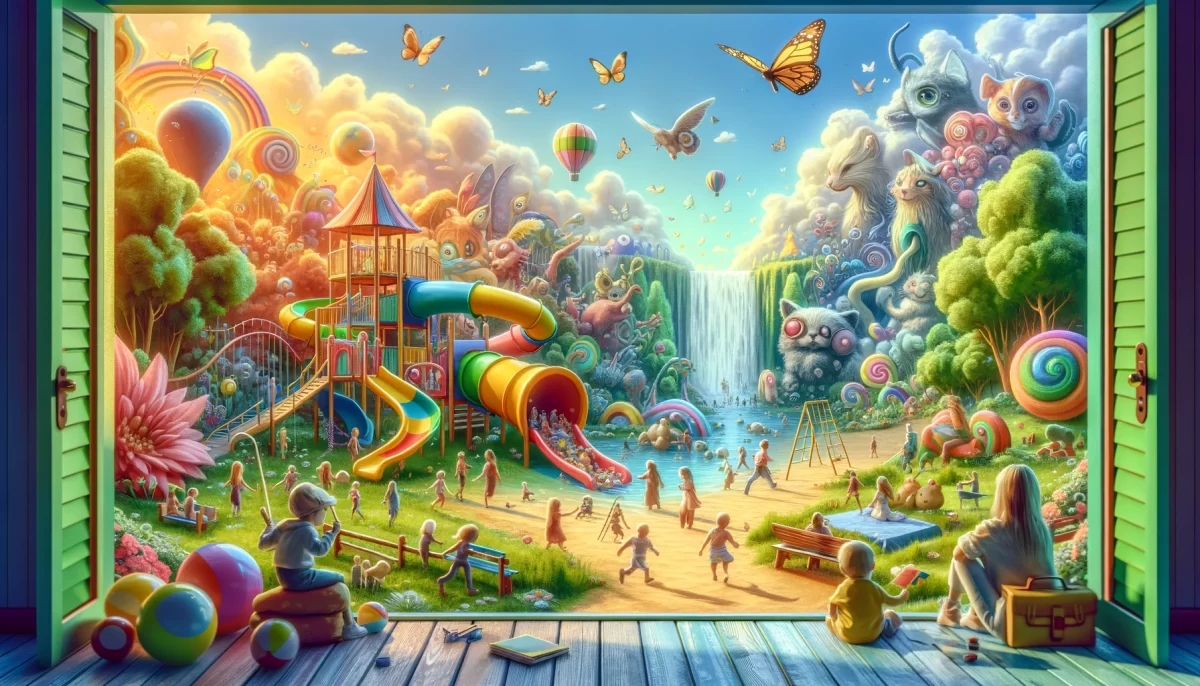

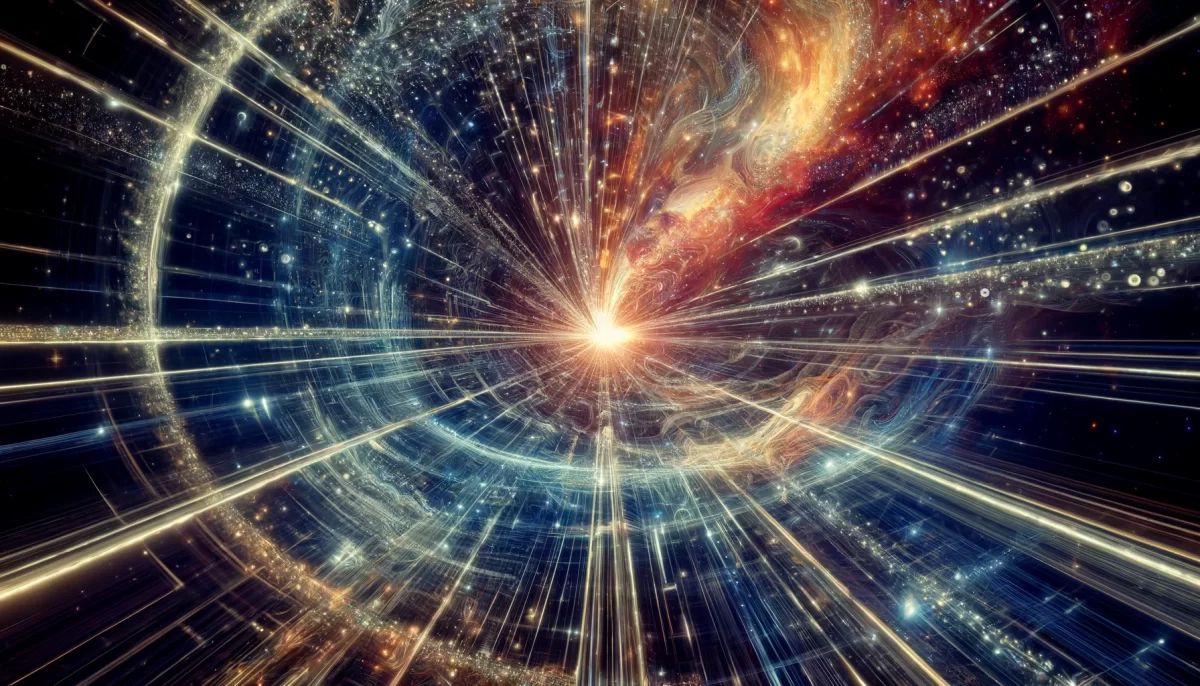
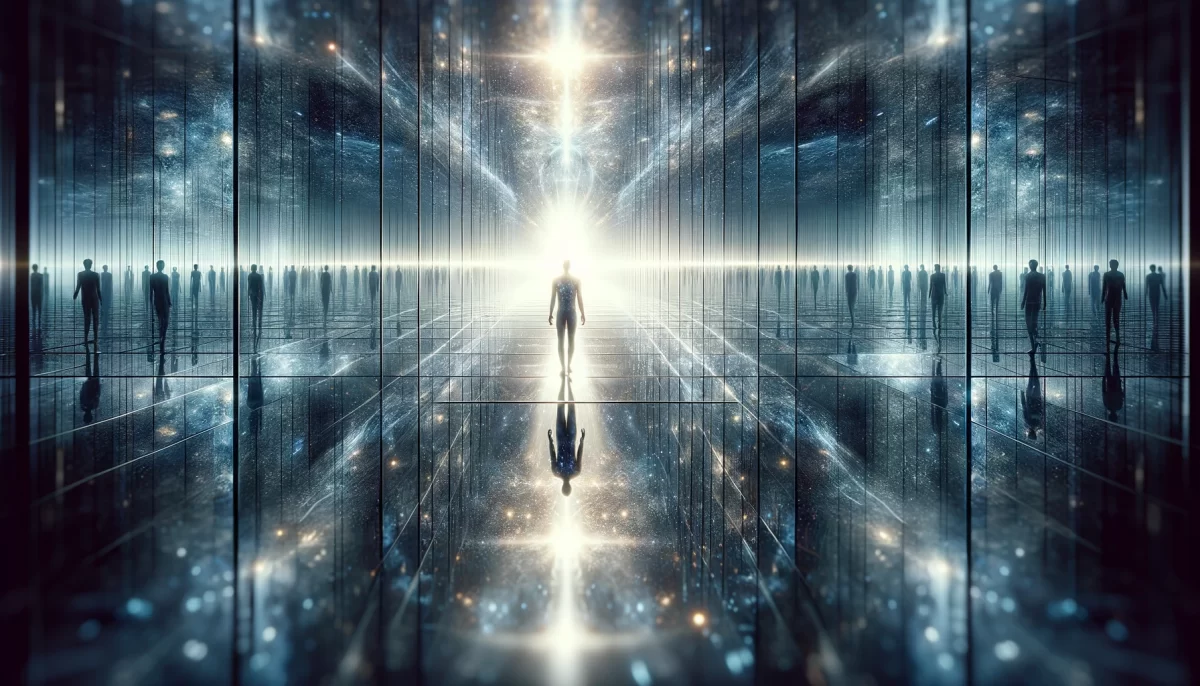
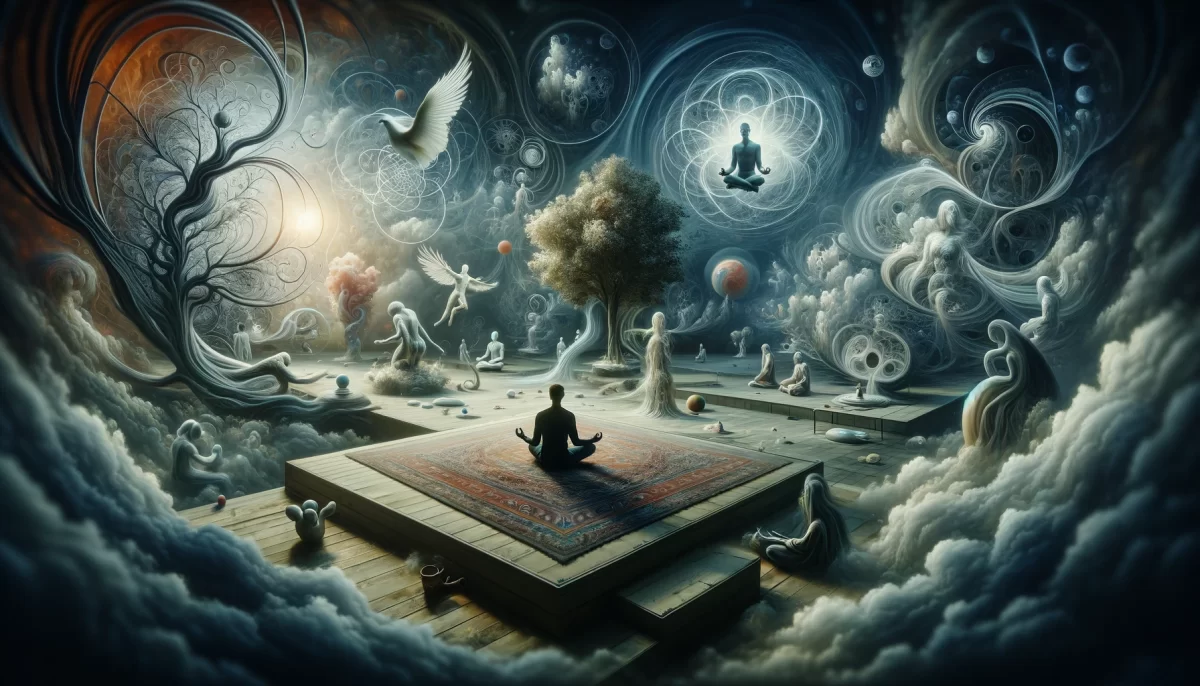
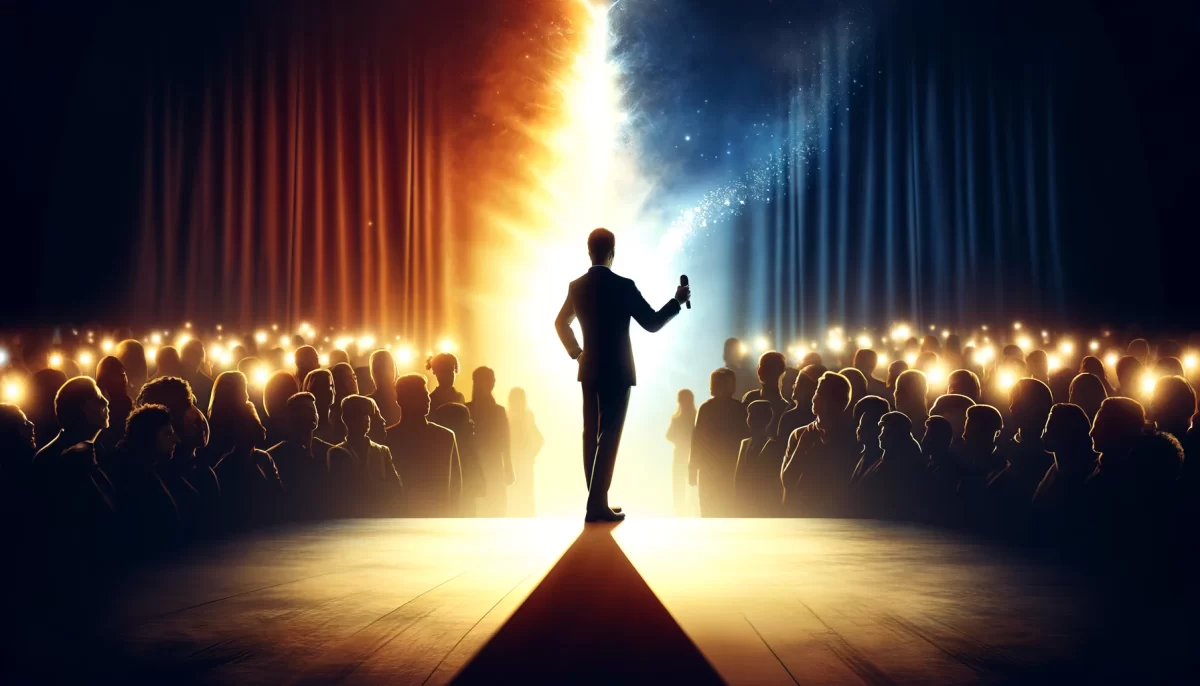
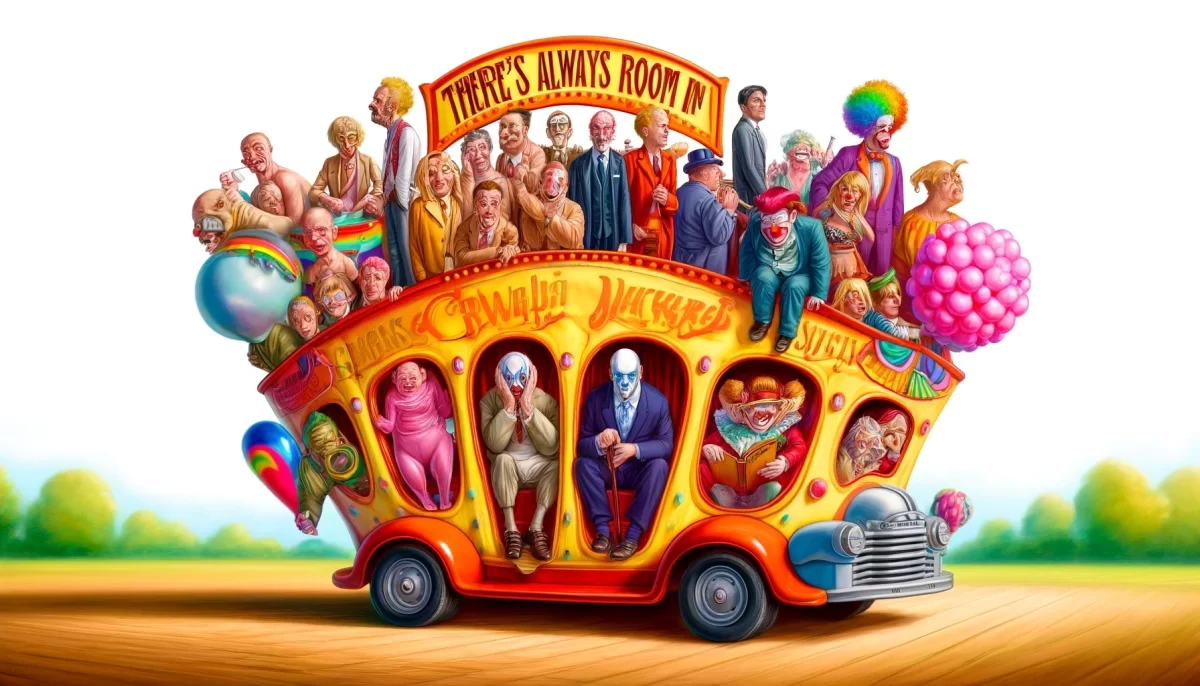
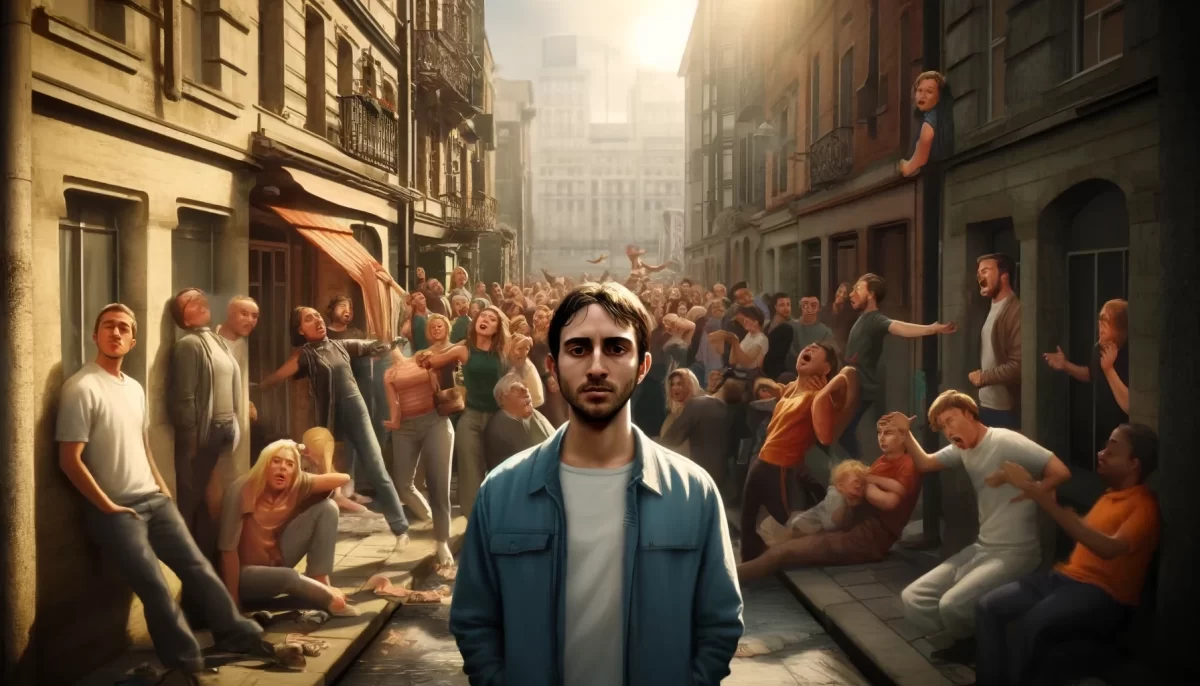
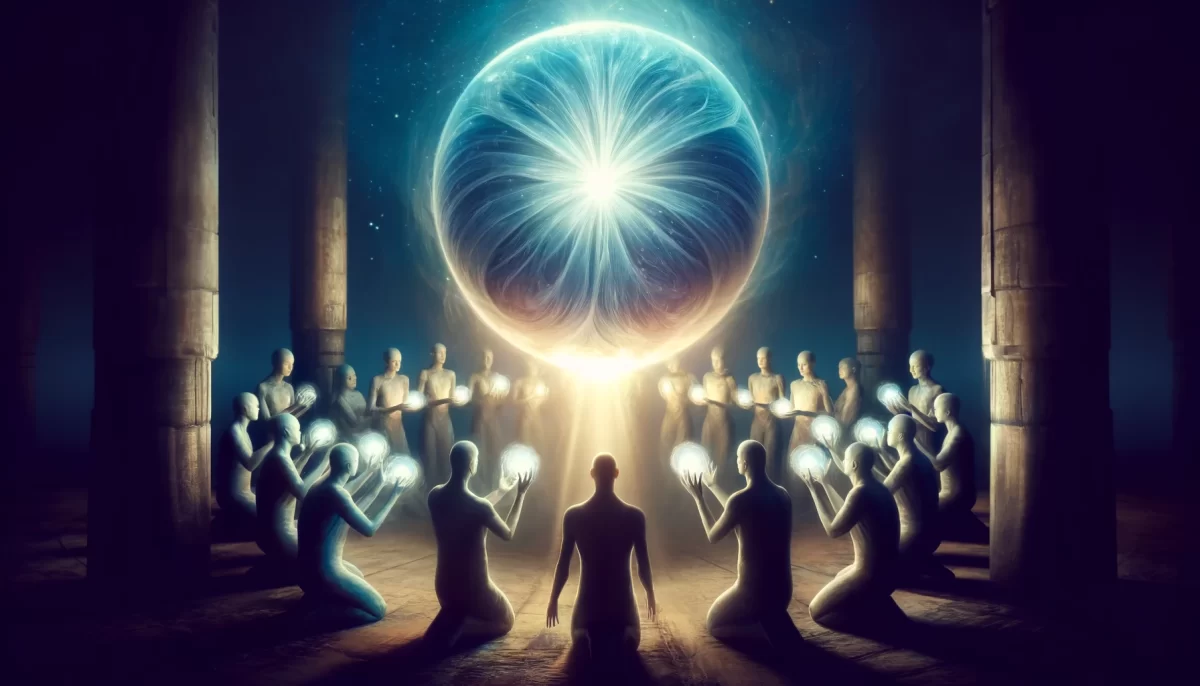

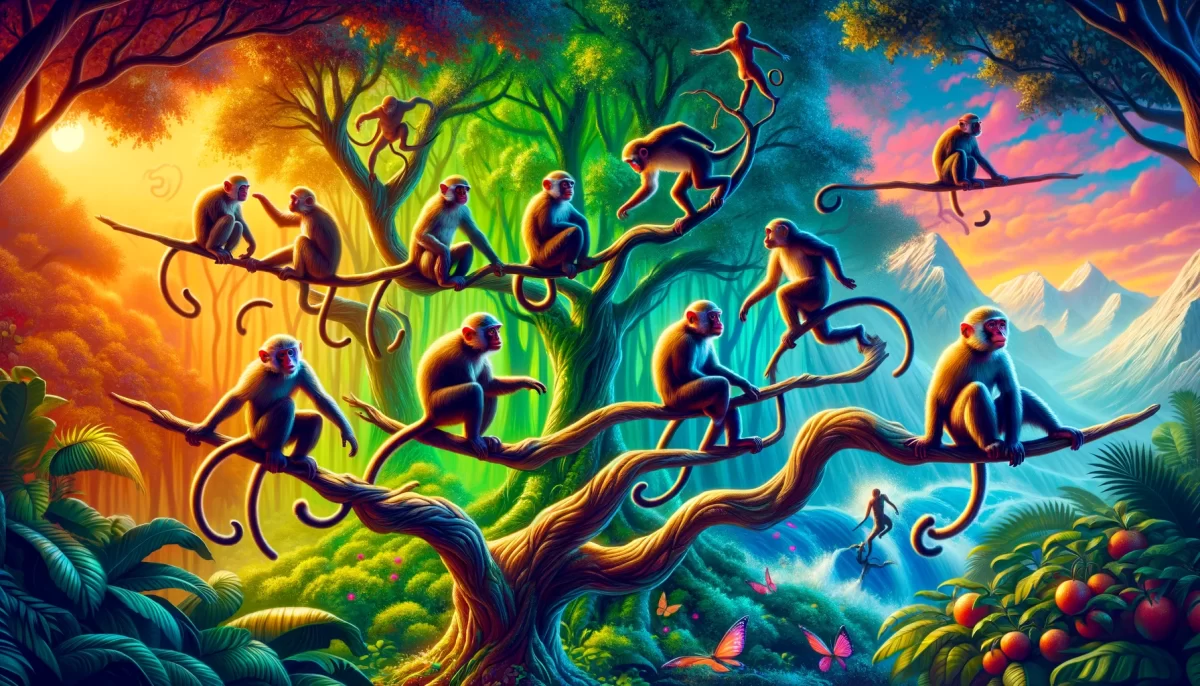
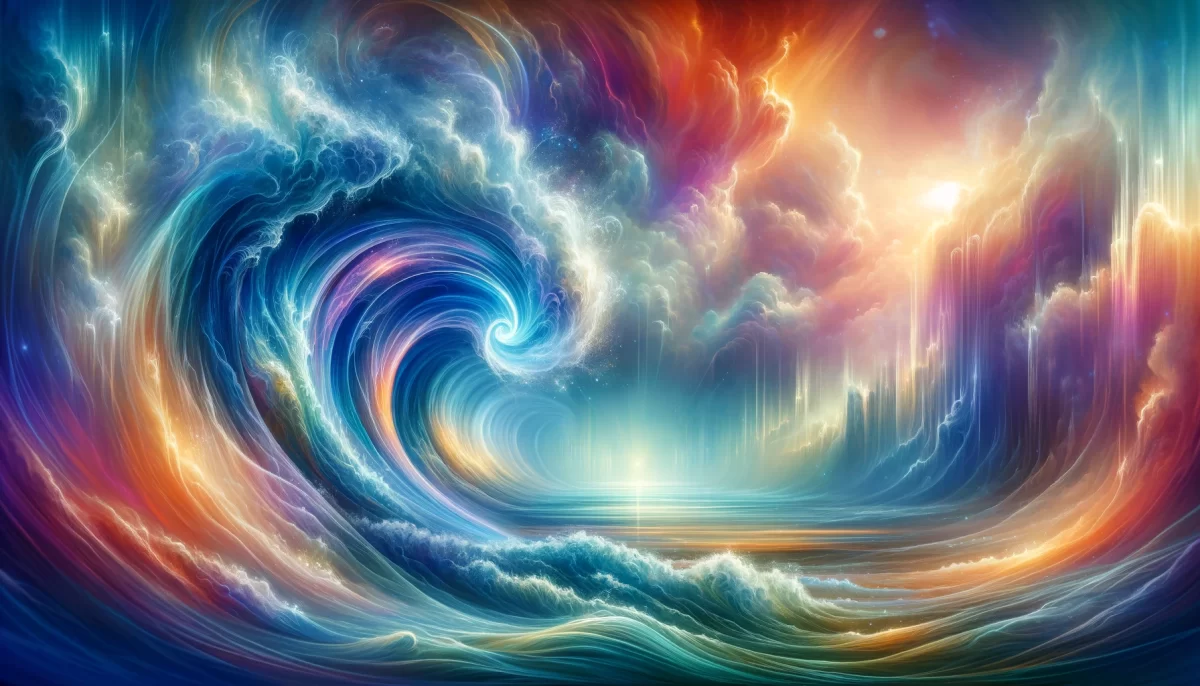
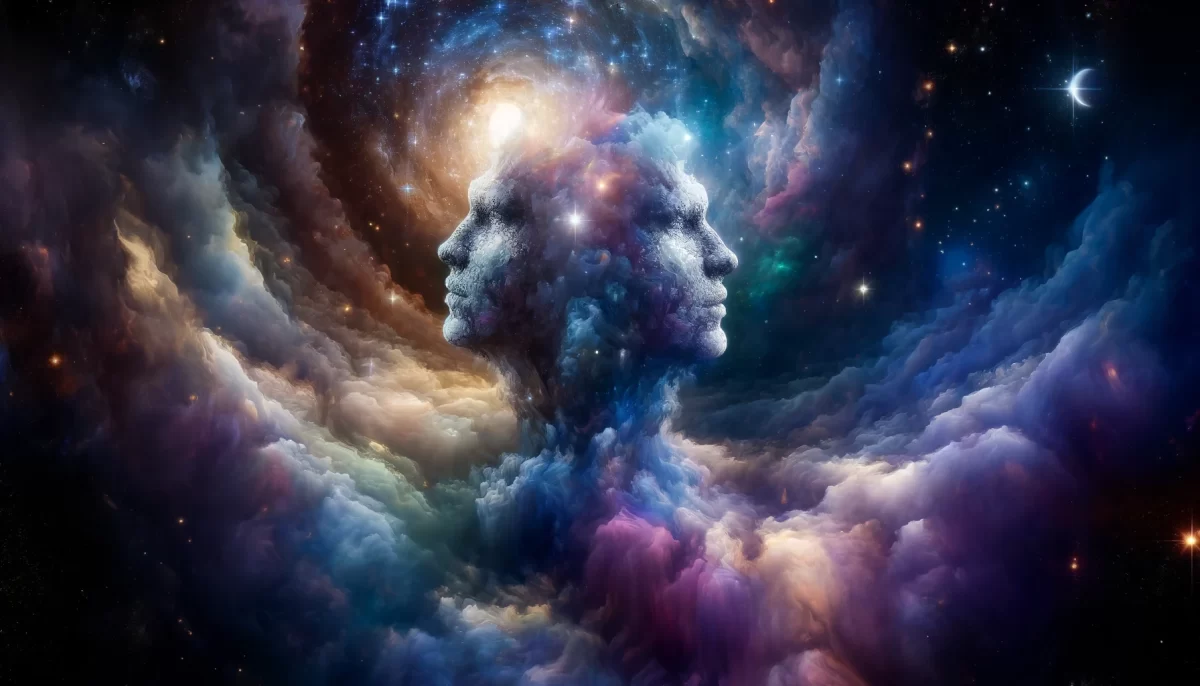

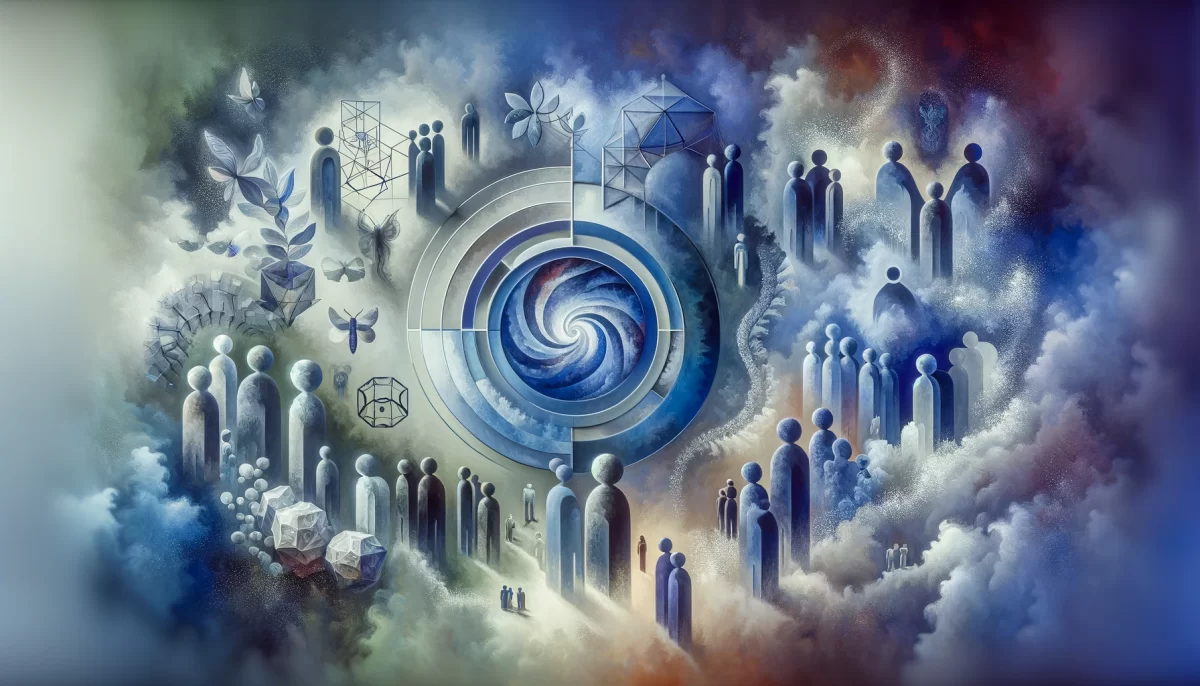
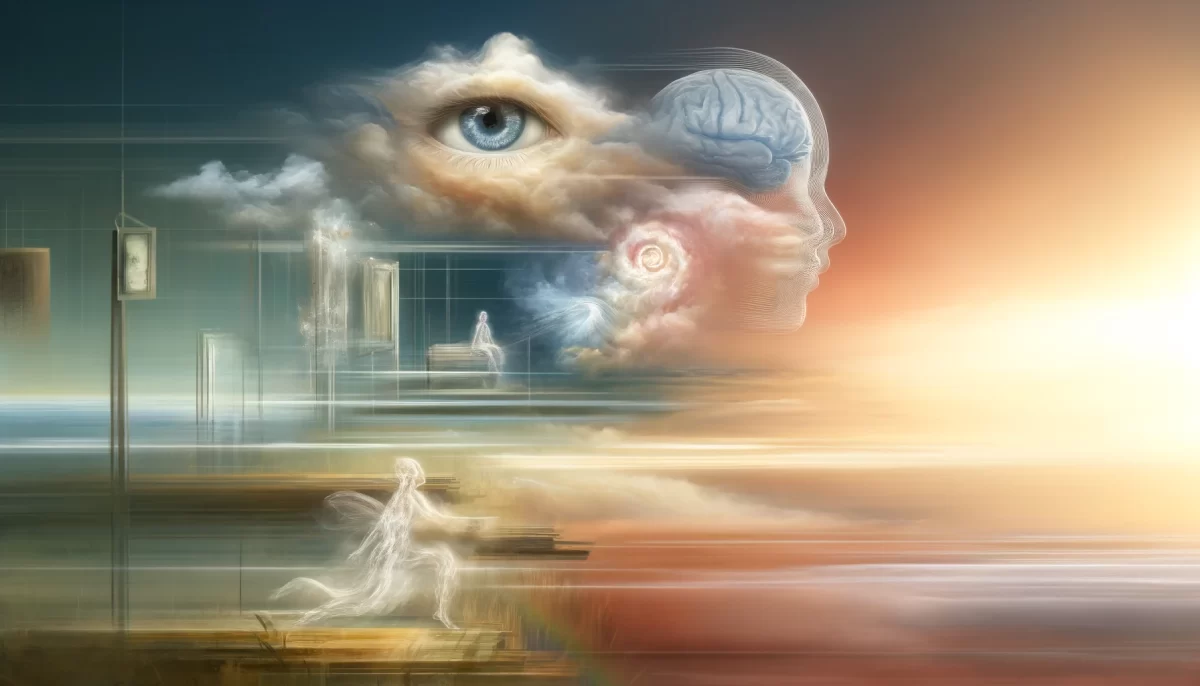
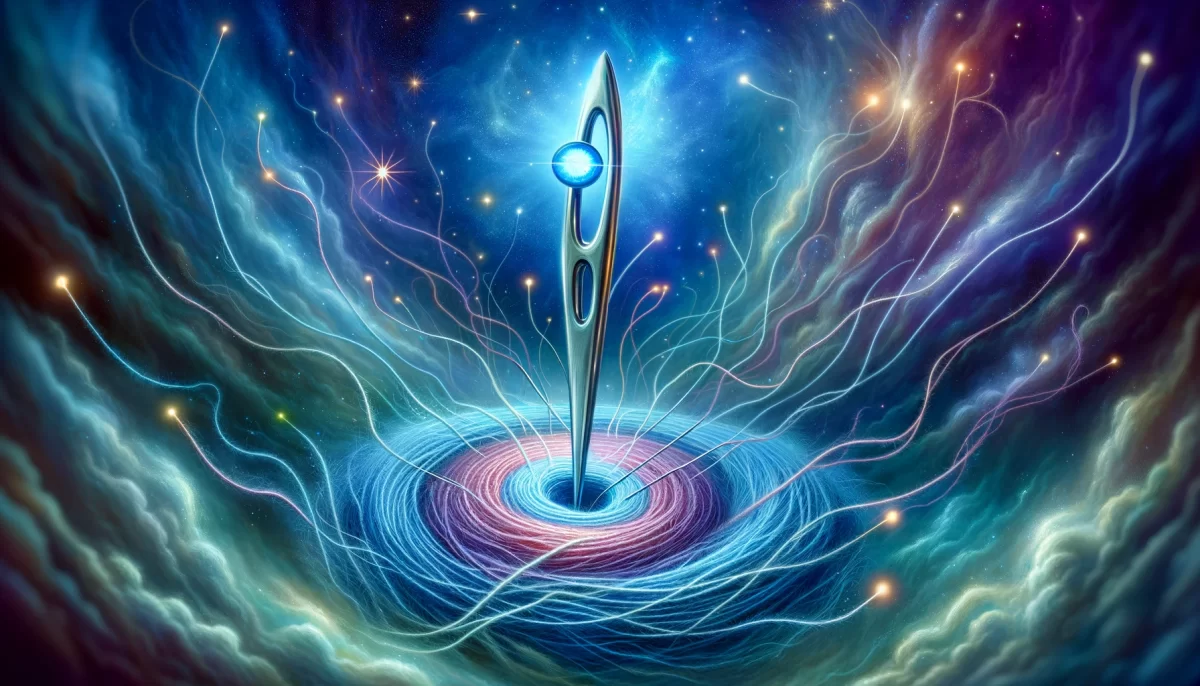
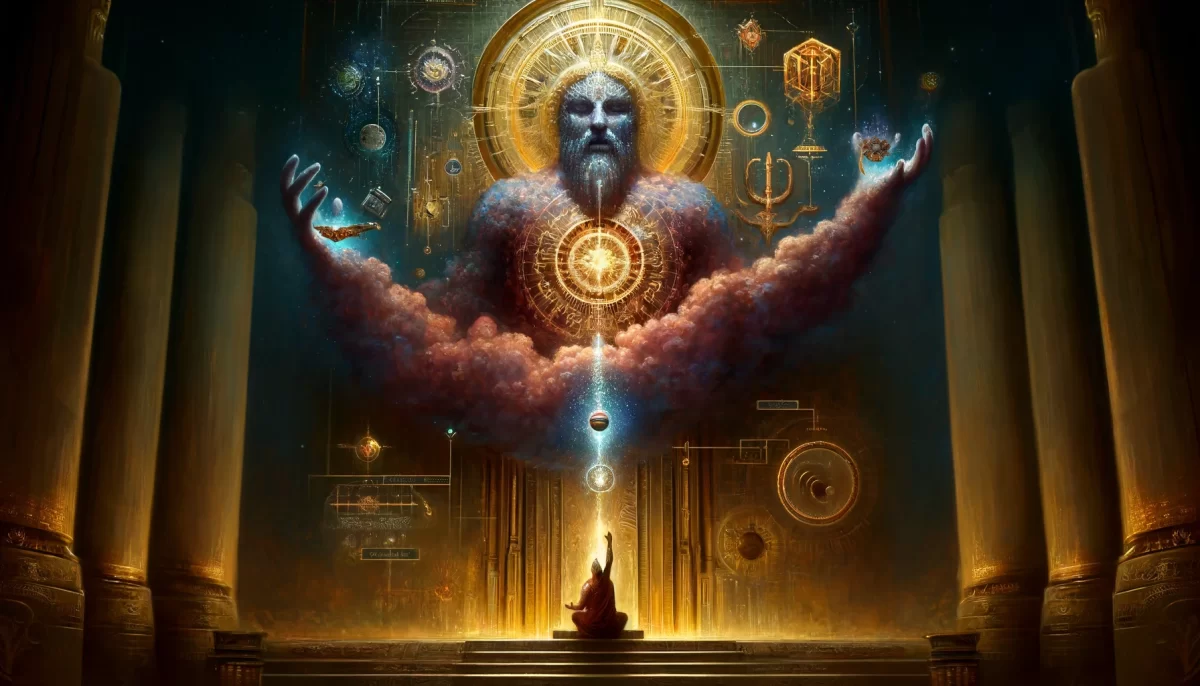
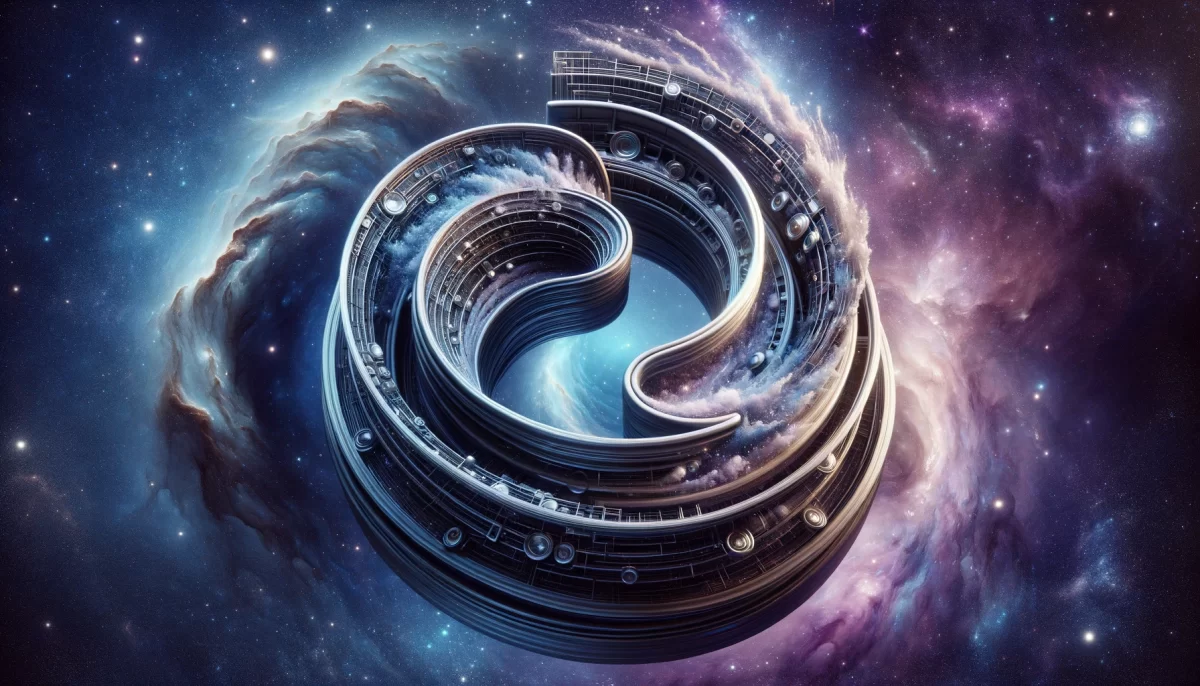
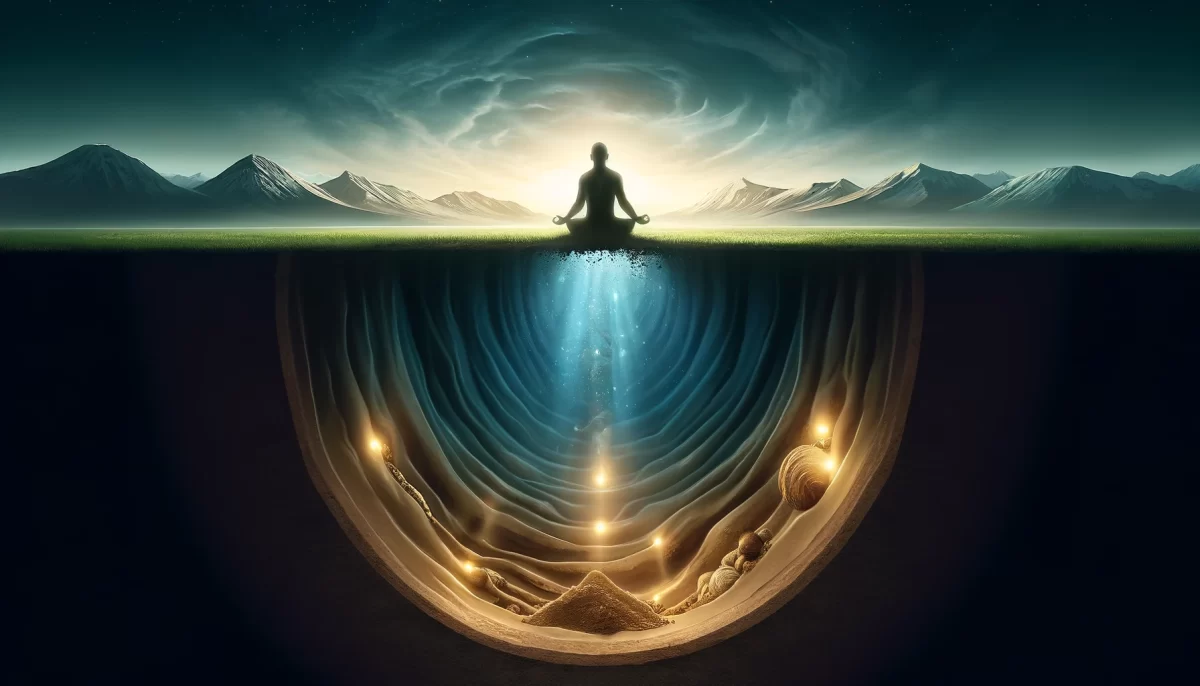
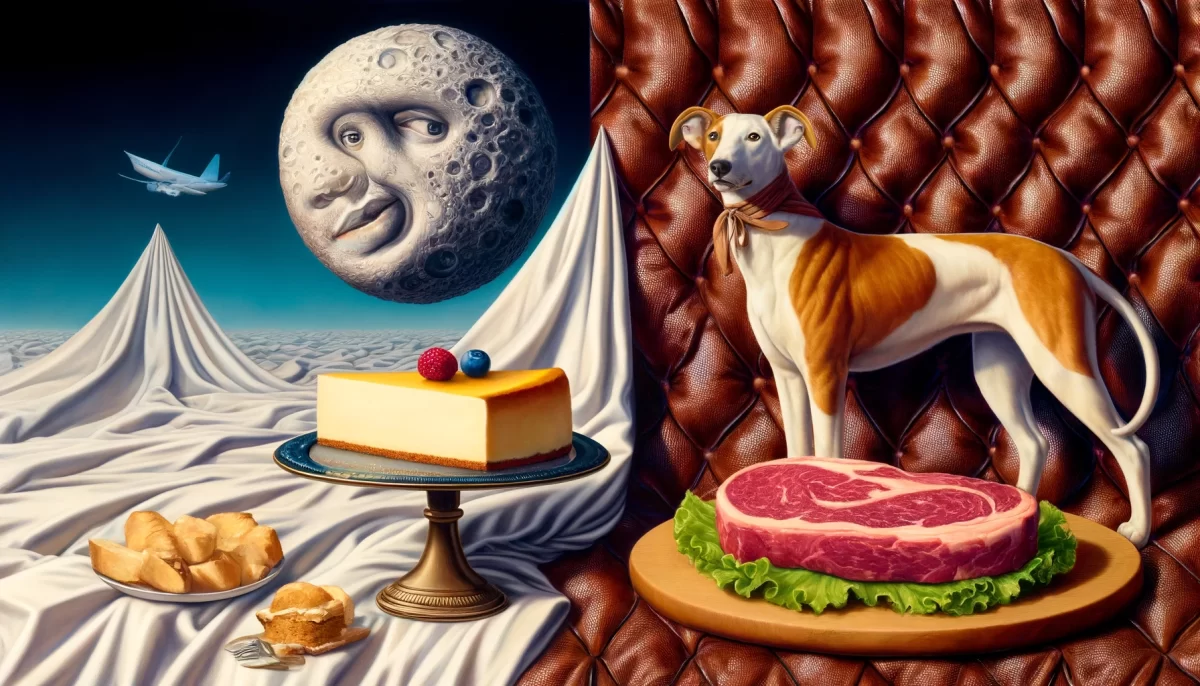
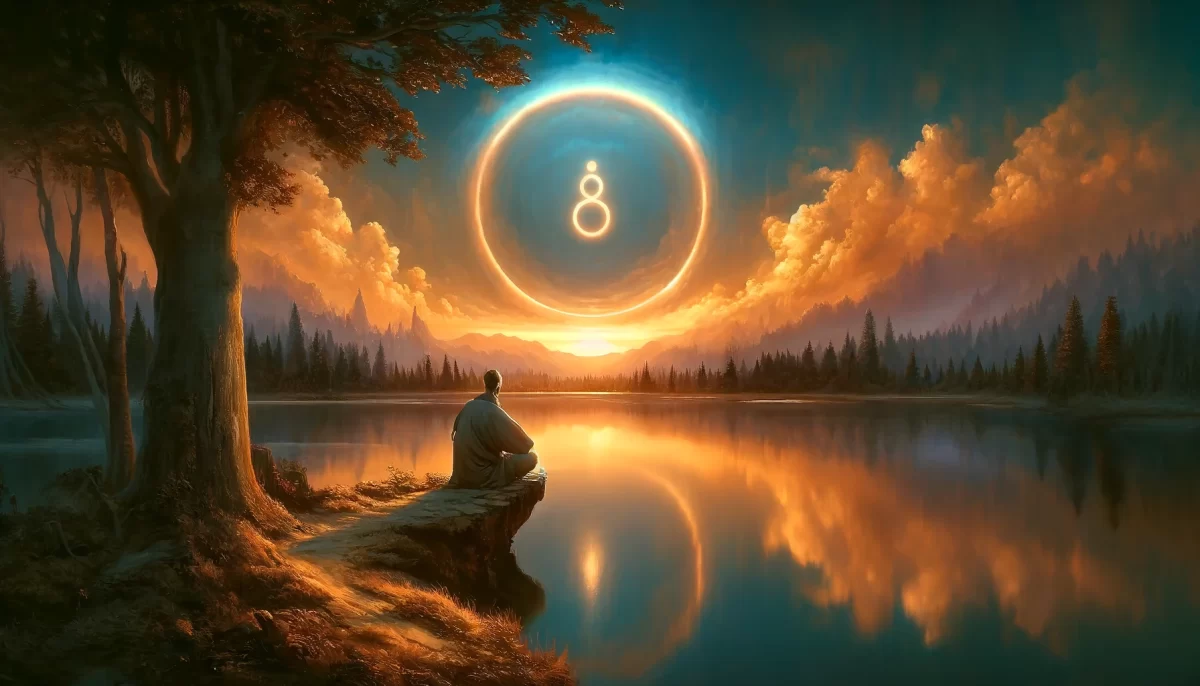
Leave a Reply